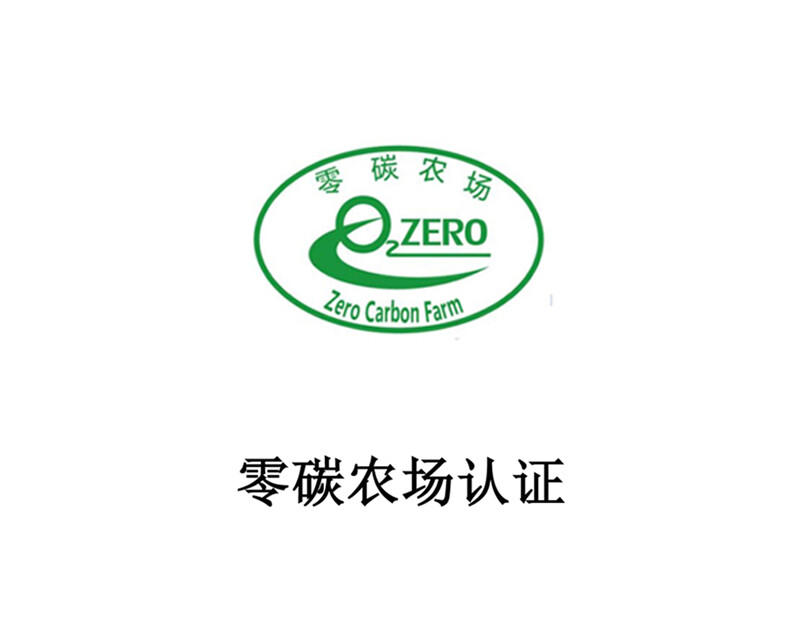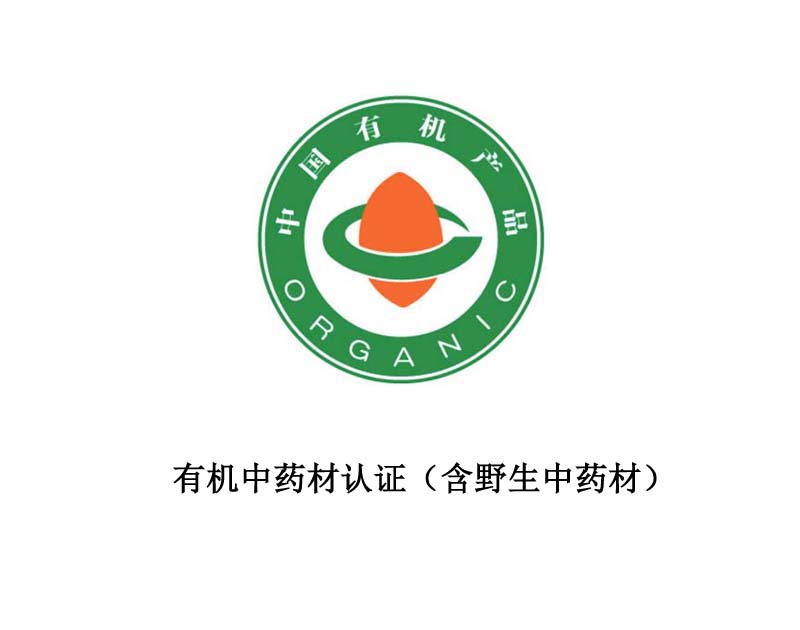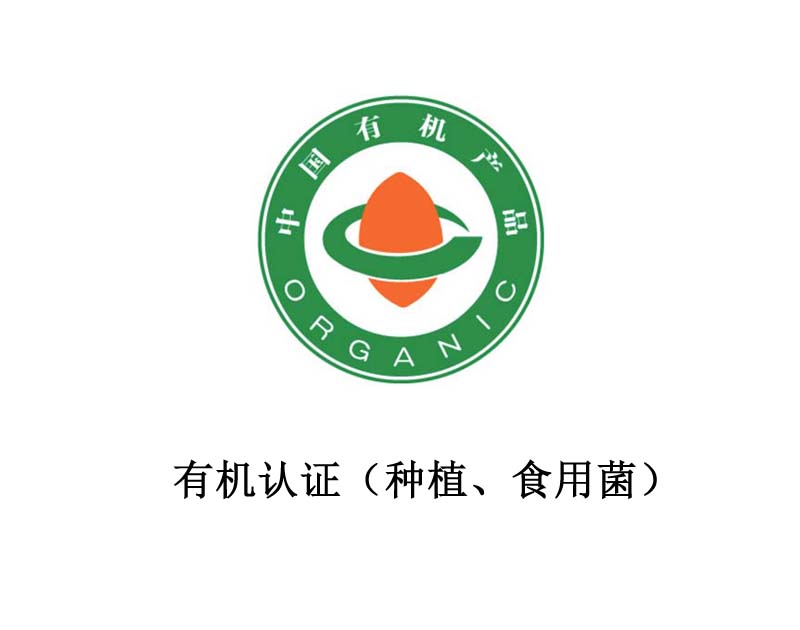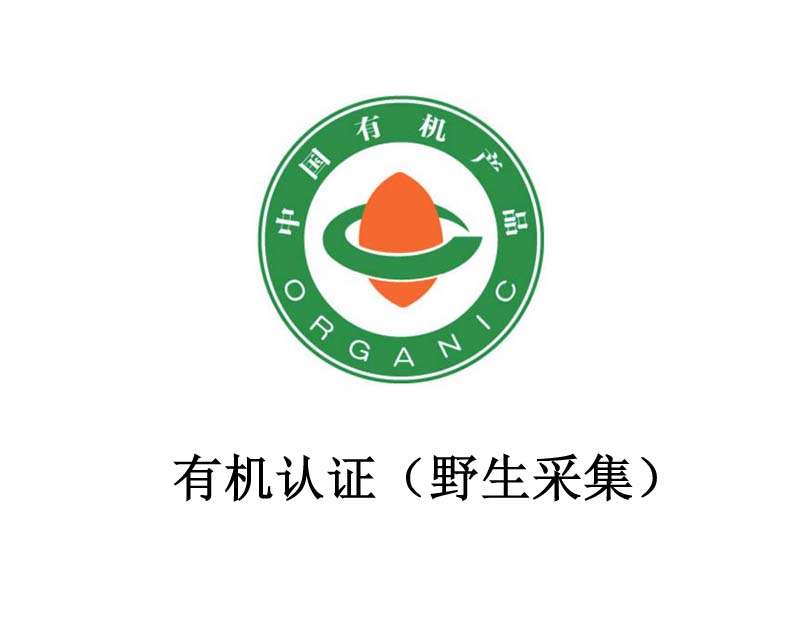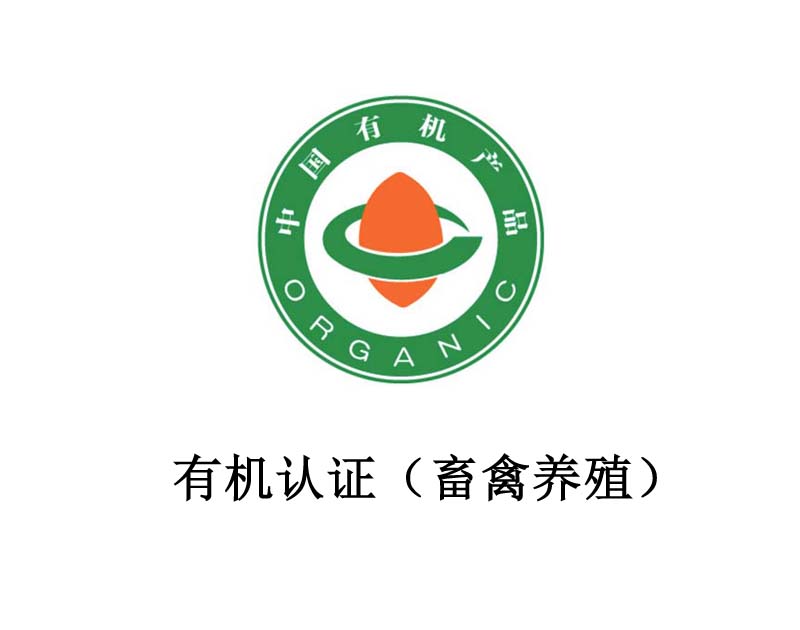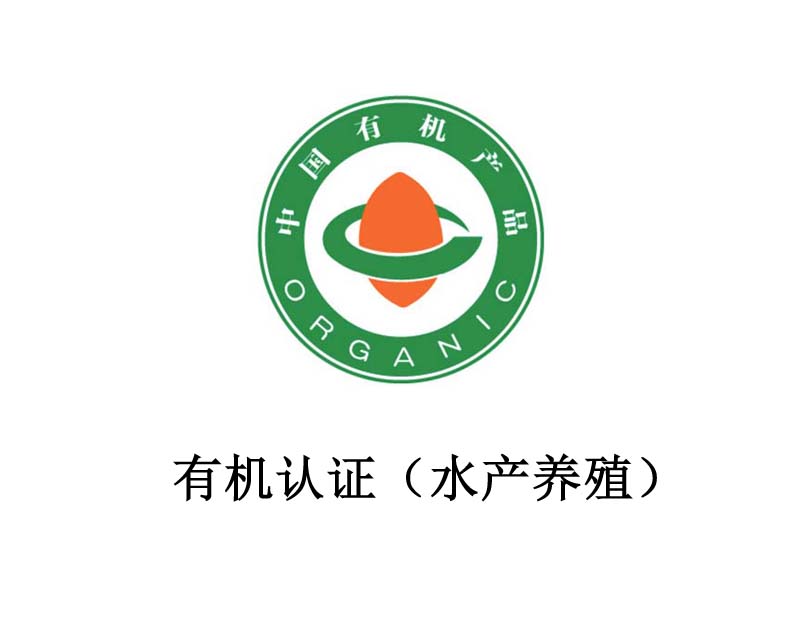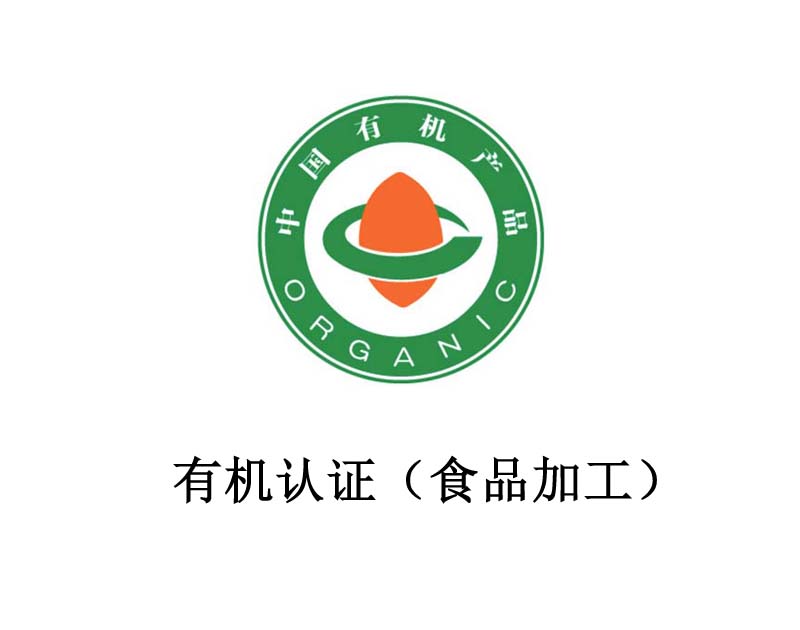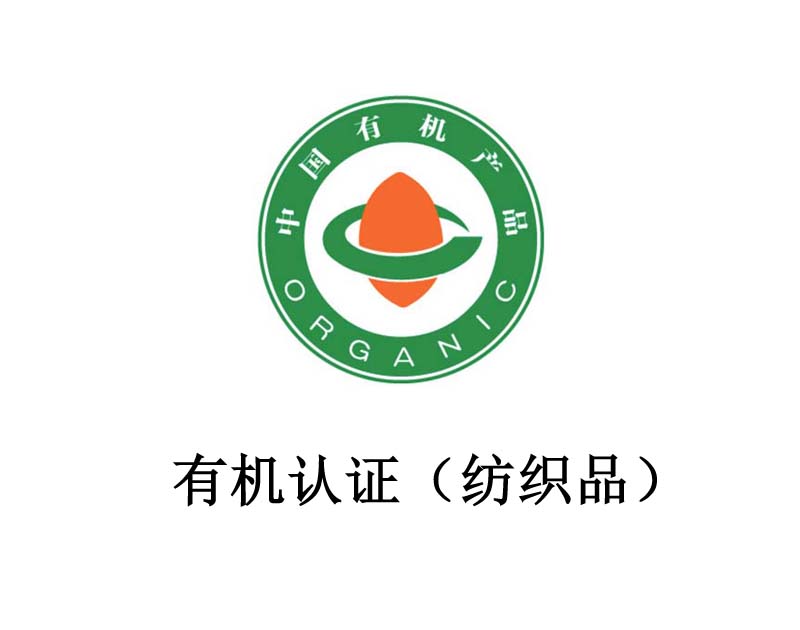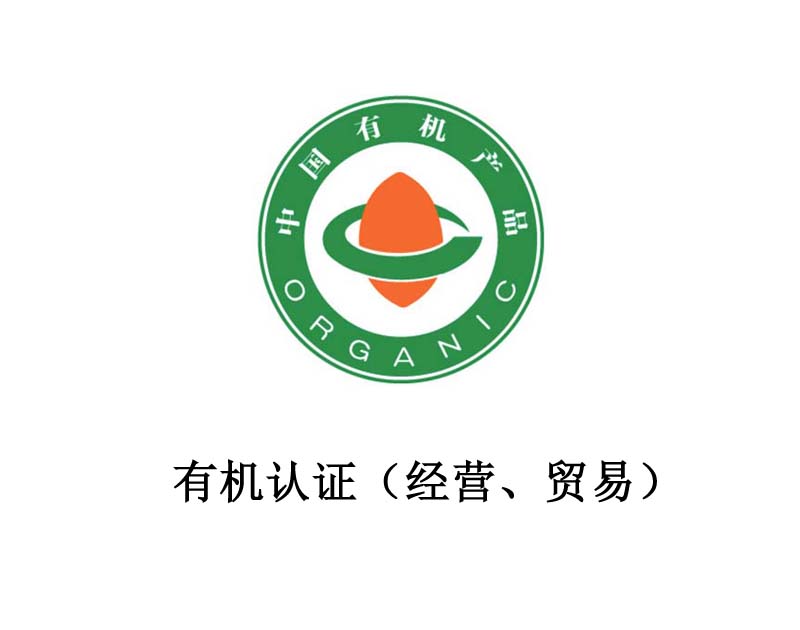Agricultural Product Food Certification Service Network
Technical Support: China Green Huaxing (Beijing) Agricultural Research Institute
Copyright: Guohuan Organic Agricultural Products (Dezhou) Co., Ltd
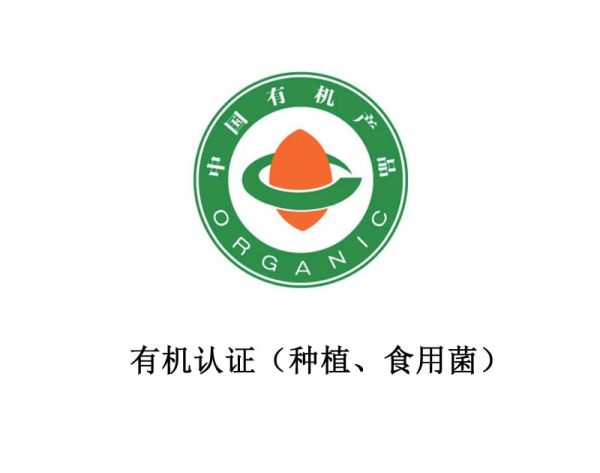
Introduction to Organic Products in China
organic production
An agricultural production method that follows specific production principles, does not use genetically engineered organisms and their products, does not use chemically synthesized pesticides, fertilizers, growth regulators, feed additives and other substances, follows the laws of nature and ecological principles, coordinates the balance between planting and breeding, and maintains a sustainable and stable production system.
Organic products:
Refers to organically produced and processed products for human consumption and animal consumption.
【Production materials requirements for planting industry】:
1. Seeds: Do not use coated seeds or non-GMO seeds, and do not mix seeds with chemical drugs before use;
2. Fertilizer: Chemical fertilizers are prohibited. Homemade farmyard manure, organic fertilizer, and biological fertilizer can be used;
3. Pesticides: Chemical pesticides, chemical herbicides and hormones are prohibited. The use of biological pesticides, plant-based pesticides and mineral pesticides is allowed, and physical and biological control are encouraged.
The pesticides permitted for use are:
Insecticides: azadirachtin, natural pyrethrin (pyrethrum), matrine and oxymatrine, rotenone (such as hairy derris), osthole, vegetable oils (such as peppermint oil, pine oil, coriander oil), gelatin, paraffin oil, natural attractants and nematicides (such as marigold, cosmos, mustard oil), plant extracts with repellent effects (garlic, mint, pepper, pepper, lavender, bupleurum, wormwood extracts). Fungi and fungal extracts (such as Beauveria bassiana, Verticillium, Trichoderma, etc.), bacteria and bacterial extracts (such as Bacillus thuringiensis, Bacillus subtilis, Bacillus cereus, Bacillus licheniformis, Pseudomonas fluorescens, etc.), viruses and virus extracts (such as nuclear polyhedrosis virus, granulovirus, etc.).
Sterilization: sulfur, copper sulfate, Bordeaux mixture, lime sulfur, lime water, potassium bicarbonate, calcium hydroxide, ethanol, salt water, alum, quartz sand, berberine (extracts from Coptis chinensis, Phellodendron chinense, etc.), physcion methyl ether (extracts from rhubarb, Polygonum cuspidatum, etc.), natural acids (such as vinegar, wood vinegar and bamboo vinegar), mushroom proteoglycans (mushroom extracts).
Weed killers: Wood vinegar and bamboo vinegar
4. Agricultural film: Do not use chlorine-containing plastics, polyethylene and polypropylene are allowed.
5. The above agricultural materials should be purchased from qualified units;
6. When purchasing the above-mentioned agricultural materials, the receipts must be kept for future reference.
[Preparation work before applying for organic certification] includes but is not limited to:
1. Establish a leadership team (organic product leadership team);
2. Learn to write 2 sets of documents (quality manual and operating procedures);
3. The base implements three tests: water quality, soil, and air;
4. The base shall establish four lists: 1) a list of base personnel, 2) a list of agricultural equipment, 3) a list of investment inputs (fertilizers, pesticides, seeds, agricultural films, etc.), and 4) a list of laws and regulations applicable to the certification of the enterprise;
5. The base has established and improved 5 sets of production archive records:
1) Standards and agricultural technology training records;
2) Agricultural records (planting including sowing, fertilization, irrigation, pest and disease control, harvesting, sales, and transportation records);
3) Cleaning records of farm implements and tools;
4) Recall drills and product quality complaint records;
5) Internal inspection records and internal inspection reports;
[Conversion Period Provisions]:
The conversion period for organic cultivation is 24 months from the date of sowing for current year crops and 36 months from the date of harvest for perennial crops.
[Three situations where the conversion period can be exempted]:
1. Do not use soil-grown edible fungi, such as black fungus and shiitake mushrooms;
2Wild plants, such as wild walnuts and wild Chinese medicinal materials.
3. Sprouts, such as mung bean sprouts.
[3 situations where the conversion period can be shortened]:
1Before planting, it was newly reclaimed and abandoned land.
2. Land that can prove that no organic prohibited substances such as chemicals have been used for three consecutive years.
3 Overseas organic planting bases have obtained organic certification from other countries for 4 consecutive years.
